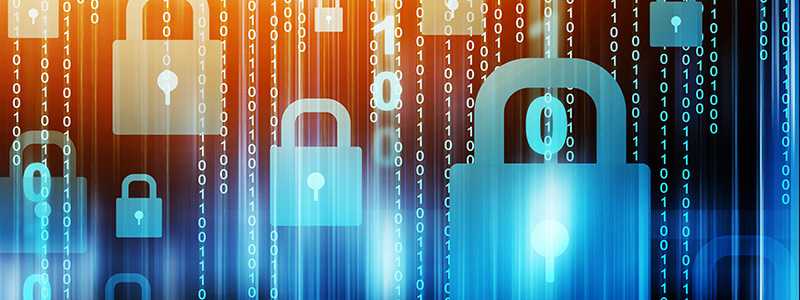Networking is the backbone to any IP video project. Insufficient bandwidth, unsecured devices, and slow legacy protocols can render even the best cameras and servers inoperable. BCDVideo’ Networking Engineer discusses networking’s importance and best practices for securing your entire network.
The interview is broken into smaller segments below. Watch the whole interview or skip ahead to the section you want to see most.
Why Networking is Important
Networking is the glue that holds everything together. Without a proper network infrastructure, individual devices like recording servers, client viewing stations, and IP cameras act independently. Networking allows all of these devices to seamlessly communicate while giving system administrators the ability to view the data locally or remotely.
Network Security Best Practices
Vulnerable networks expose entire systems to malicious activity. There are several security best practices to follow:
- Strong alphanumeric passwords – never use the default password
- Use secure protocols for administrative purposes
- SSH
- HTTPS
- SNMP v3
- Physically secure the server room
How to Secure Traffic Isolation
The use of virtual local area networks (VLANs) will segregate all data communication. This allows critical business and surveillance chatter to remain separate. Isolating video surveillance networks from data networks ensures the quality of service and intercommunication issues never hamper your overall system health. Next generation technology like Layer-2 and Layer-3 VSNs are also becoming more widely used.
How to Optimize your Current Network
The first thing to look for when optimizing your current network is sufficient bandwidth. Can your system handle the amount of data required? Not only do you need bandwidth to support all of your devices, but there should also be enough to allow for future system expansion.
Additionally, the settings on your IP cameras need to sync with the settings on your recording server e.g., resolution, frames per second, etc.
Networking and Physical Security
Access control like biometrics, smart card readers, and door locks can be sabotaged by a hacked network. Proper network security is crucial to maintaining the features and functionality of your physical security.
Establishing a strong foundation for network security boils down to three key areas:
- Confidentiality – Is your network being accessed by users who have been authenticated and authorized to access it?
- Integrity – Is your network data the same from source to destination?
- Availability – Is data transmission from my network available when I need it, where I need it, and how I need it?
If you can answer “yes” to all three, you’ve established a strong foundation for network security.
For more interviews with BCDVideo team members, check out the links below:
Challenges in Security – BCDVideo Server and Storage Specialist, Adam Janic
What Makes a Great Leader? – BCDVideo President/CEO, Jeff Burgess

